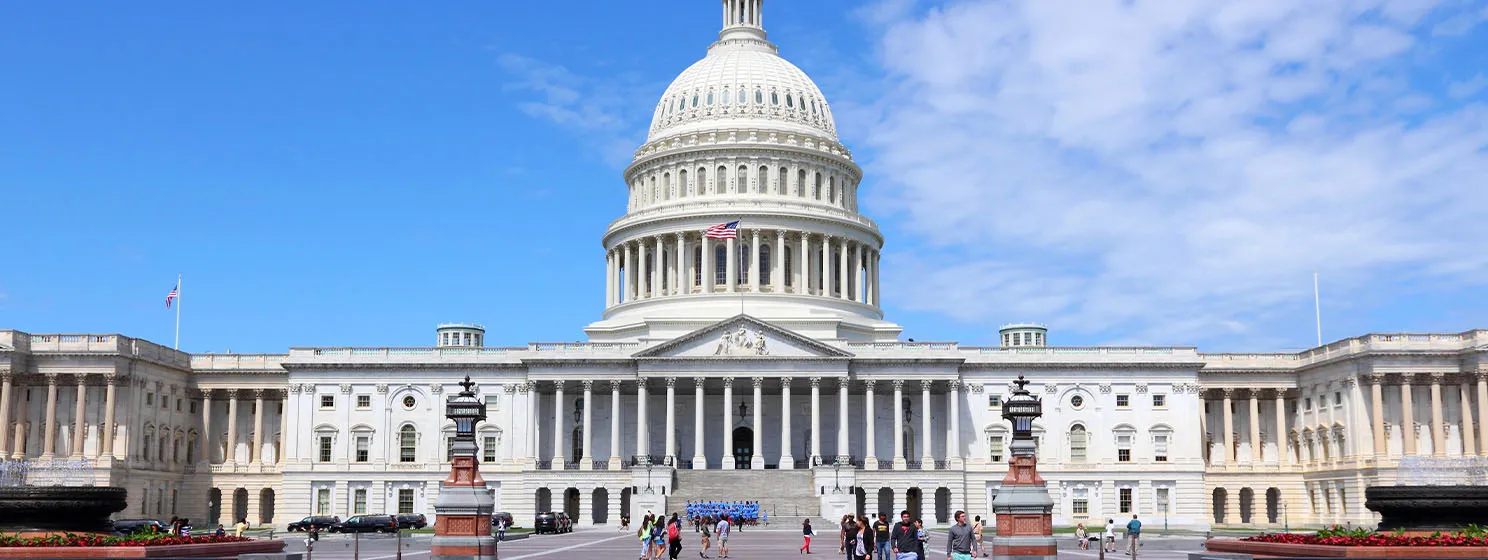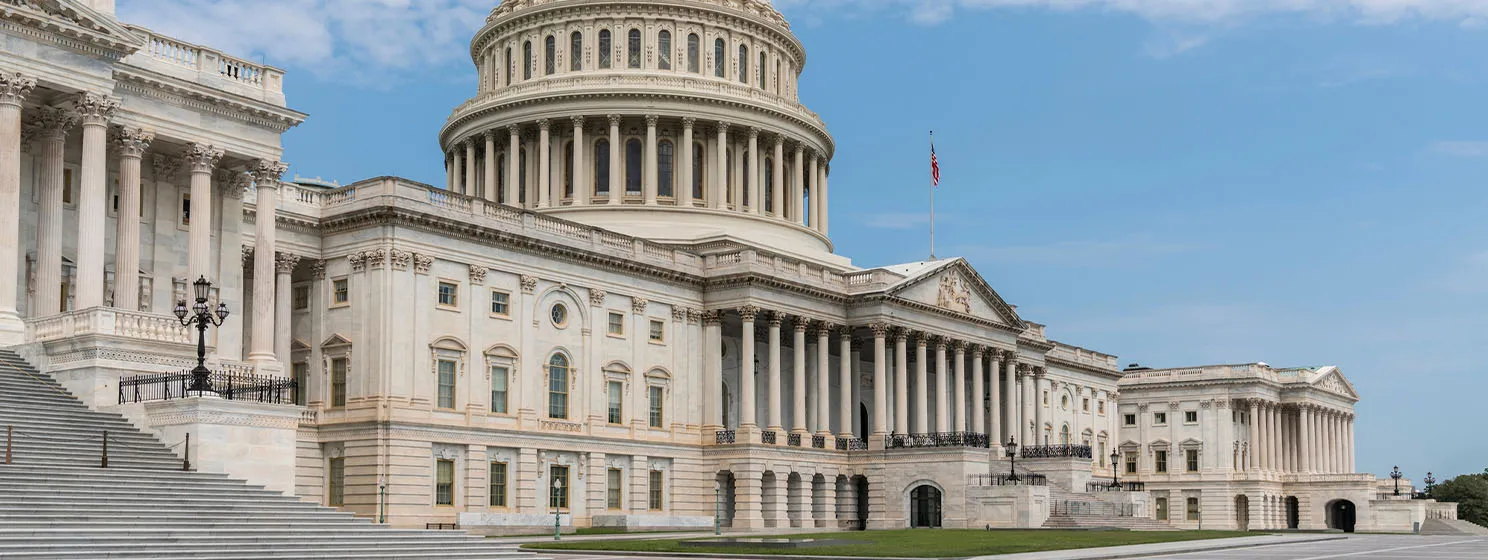
Inner Mongolia
China’s Inner Mongolia seizes 10,000 mining rigs from gov’t-owned tech park
The closure marks the 45th operation for Inner Mongolia, which has been ramping up its anti-mining stance in line with...
Inner Mongolia proposes harsh rules for BTC miners, including social credit blacklisting
The region has proposed tough measures for those caught mining digital currencies, including social blacklisting that would deny them basic...
China’s Inner Mongolia sets up hotline to report block reward miners
The Inner Mongolia Development and Reform Commission has set up a dedicated hotline and email address for locals to report...
The CoinGeek Pulse Episode 34: Nevada Blockchain City, Bitcoin mining shutdown, 2048 now on BSV
This week on CoinGeek Pulse, we head to the United States where the governor of the State of Nevada unveiled...
Officials in China’s Inner Mongolia eye shutting down block reward mining farms
As part of the scope to reign in energy-intensive industries, the government wants to "properly control the development scale of...
BTC heavyweights lose access to Inner Mongolia’s cheap power: report
Industry titans Bitmain and Ebang were among those listed that felt the new policy initiative's sting, according to recent reports.

 07-14-2025
07-14-2025 






























